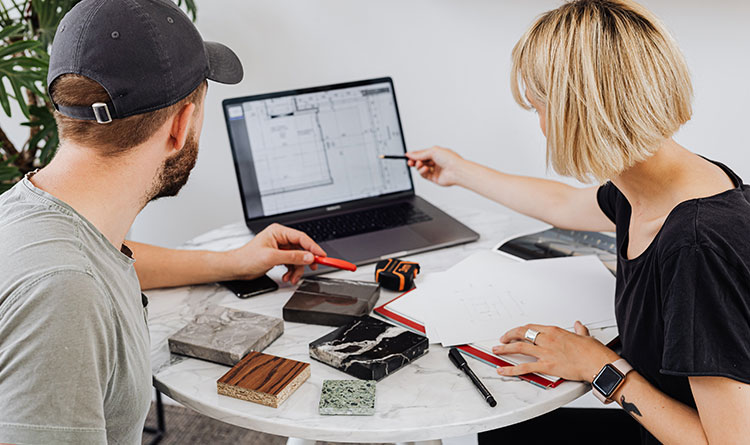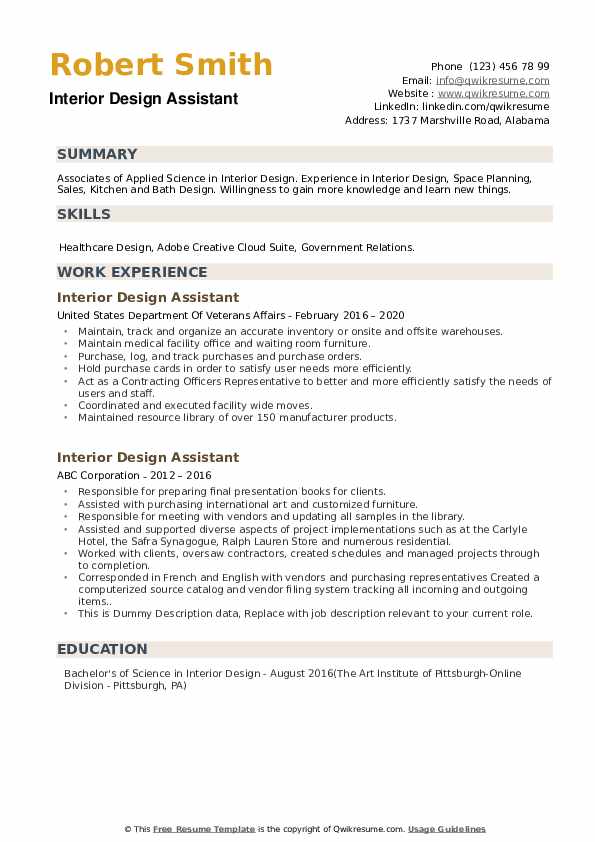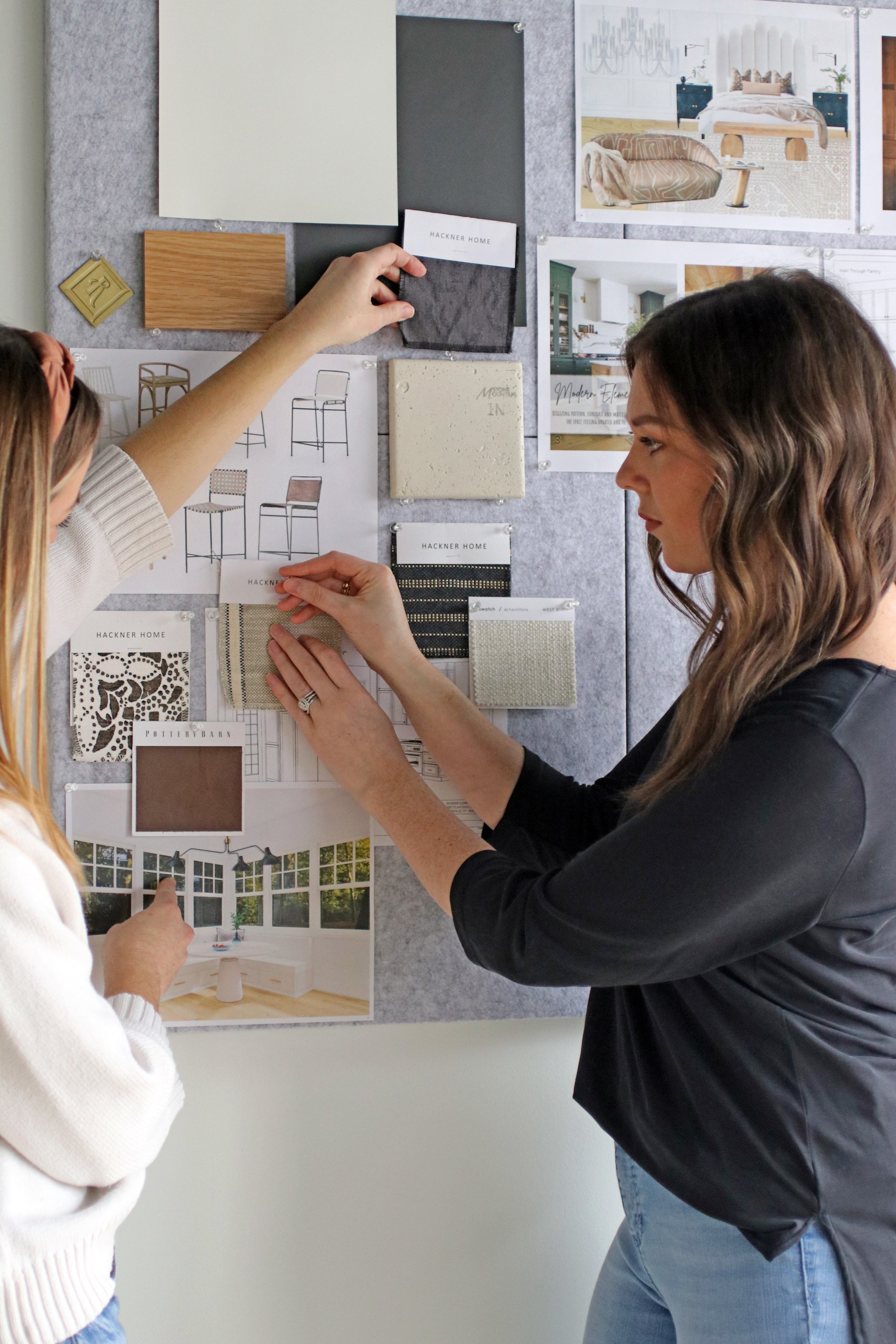Are you passionate about design and aesthetics? Do you love helping transform spaces into beautiful, functional areas? If so, a career as an interior decorator assistant might be the perfect fit for you! In this comprehensive guide, we will explore the role, responsibilities, skills needed, and how to excel in this exciting field.
What is an Interior Decorator Assistant?
An interior decorator assistant works closely with interior decorators and designers, providing support in various aspects of design projects. This role is crucial for ensuring that projects run smoothly, from client meetings to the execution of design ideas.
Key Responsibilities of an Interior Decorator Assistant
- Assisting in design concepts: Collaborating with decorators to create floor plans and design boards.
- Client interactions: Communicating with clients to understand their needs and preferences.
- Research and sourcing: Finding furniture, fabrics, and decorations that fit the project’s vision.
- Project management: Keeping track of timelines, budgets, and deliveries associated with projects.
- Site visits and installations: Assisting during the setup and styling of interior spaces.
Skills Required for an Interior Decorator Assistant

Essential Skills for Success
To thrive as an assistant in this field, you’ll need a mix of technical, creative, and interpersonal skills:
- Design Knowledge: A basic understanding of design principles, color theory, and space planning.
- Attention to Detail: Ensuring that every detail aligns with the overall design vision.
- Communication Skills: Effectively conveying ideas and collaborating with other team members.
- Time Management: Prioritizing tasks and managing multiple projects simultaneously.
- Proficiency in Design Software: Familiarity with software such as AutoCAD, SketchUp, and Adobe Creative Suite.
The Path to Becoming an Interior Decorator Assistant

Educational Requirements
While formal education may not be mandatory, having a background in interior design, architecture, or a related field can be beneficial. Many successful decorators have degrees or certifications in these areas.
Recommended Courses and Certifications
| Course/Certification | Description | Duration |
|---|---|---|
| Interior Design Certificate | Comprehensive overview of design principles and practices. | 6-12 months |
| Color Theory Workshops | Understanding color dynamics in interior spaces. | 1-2 days |
| AutoCAD Training | Learning to create professional design layouts and plans. | 2-4 weeks |

Gaining Experience
Many interior decorator assistants start with internships or entry-level positions. Volunteering on small projects can also provide valuable hands-on experience.
Pros and Cons of Being an Interior Decorator Assistant

Pros
- Hands-on experience in a creative field.
- Opportunity to learn from experienced designers.
- Variety of projects and clients.
- Potential to grow into a lead designer role.
Cons
- Long hours, especially during peak seasons.
- Occasional stressful situations with tight deadlines.
- Requires continuous education to stay updated on trends.

Day in the Life of an Interior Decorator Assistant
Wonder what a typical day looks like? Here’s a glimpse based on my experience as an interior decorator assistant:

Morning Routine
The day often starts with emails and client communications. I review project timelines and set daily goals.
Mid-Morning Tasks
This is when I usually conduct research on materials, visit showrooms, or meet suppliers to source materials and furnishings.

Afternoon Activities
Afternoons are often spent at client meetings or onsite visits to oversee installations or gather feedback.
Evening Wrap-Up
The day wraps up with notes on what was accomplished, planning for tomorrow, and any follow-ups needed with clients or vendors.
Tips for Aspiring Interior Decorator Assistants
1. Build a Strong Portfolio
Document your work, even if it involves personal projects or volunteer work. A well-rounded portfolio showcases your design aesthetic and skills.
2. Network within the Industry
Attend industry events, join design associations, and connect with other professionals. Networking is vital for opportunities.
3. Stay Updated on Trends
Follow design blogs, magazines, and influencers. Trends change rapidly, and being informed keeps you relevant.
4. Be Open to Feedback
Constructive criticism helps you grow. Always be receptive to feedback from your mentors and clients.
5. Experiment and Explore
Don’t be afraid to try new ideas and styles. This not only allows growth but also helps you find your unique design voice.
Frequently Asked Questions (FAQs)
What is the average salary for an interior decorator assistant?
The average salary can vary widely based on location, experience, and firm size, but typically ranges from $30,000 to $50,000 per year.
Do I need a degree to become an interior decorator assistant?
While a degree in interior design is not strictly necessary, it is highly beneficial. Many decorators prefer candidates with formal education or certifications.
What are the best tools for an interior decorator assistant?
Important tools include design software (like AutoCAD), project management software, color swatches, and mood boards for presenting ideas.
Is it easy to find a job as an interior decorator assistant?
Job availability can fluctuate based on market demand. Staying proactive and networking greatly increases your chances of finding a position.
What type of projects might I work on?
As an assistant, you could work on residential spaces, commercial interiors, or even staging homes for sale, offering varied experiences.
Conclusion
The role of an interior decorator assistant is both rewarding and challenging. With the right skills, attitude, and determination, you can look forward to a fulfilling career filled with creativity and growth. Whether designing cozy homes or stylish commercial spaces, your contribution plays a vital role in shaping beautiful environments.
So, if you’re ready to step into the world of interior design, start building your skills today and embrace this exciting journey!